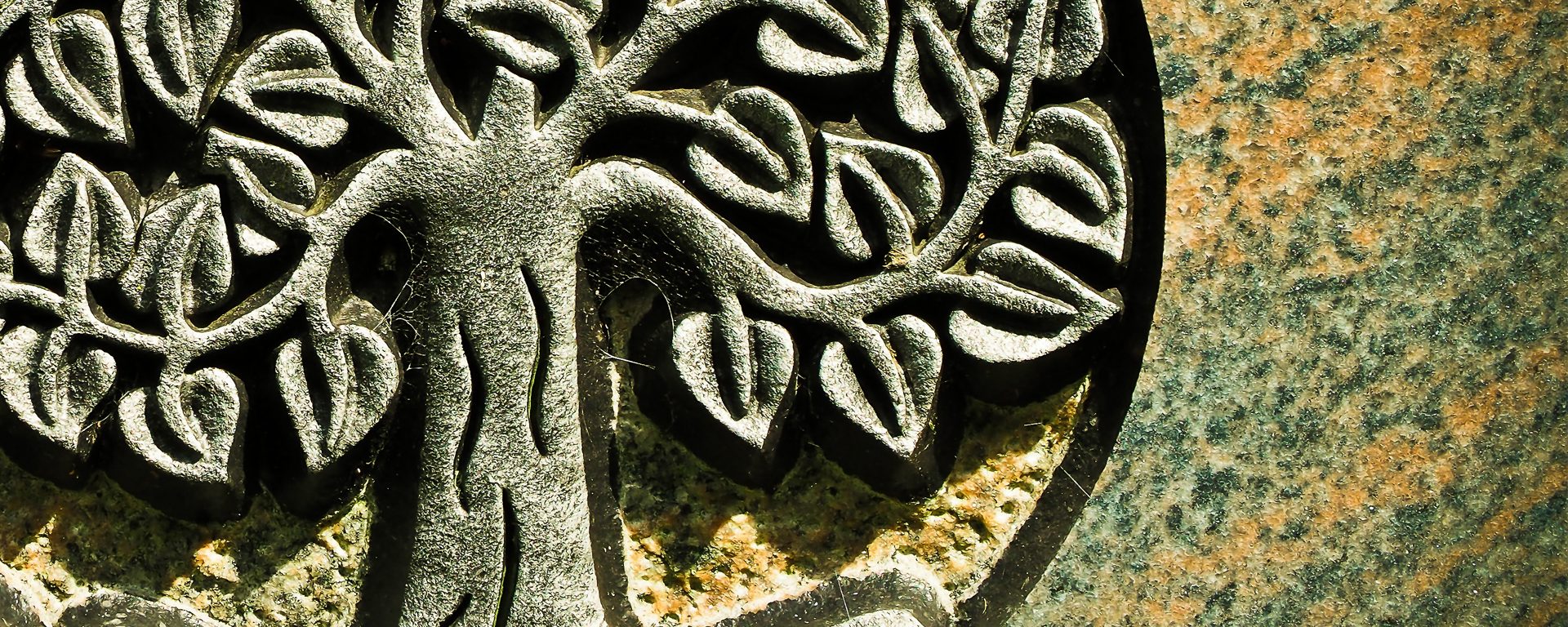Morticians and funeral directors are valuable and vital members of society. While their work may seem somber to some, these professionals have extremely rewarding work. Every day, these workers help families through some of the most vulnerable and difficult moments of their lives. They help loved ones work through grief, walk down memory lane, and prepare beautiful memorials to honor their deceased.
With all this said, it takes a certain person to enter the funeral services field. There are qualities you must possess, and qualifications you must meet, to truly qualify for this career.
Qualities of Morticians and Funeral Directors
Morticians, also called funeral directors, are responsible for helping families prepare the details of a funeral. They coordinate the clergy services, prepare obituaries, schedule the ceremonies, and arrange for the burial or cremation. These are the important details that are often too hard for loved ones to coordinate, but funeral directors make it possible. Funeral directors often act as the shoulder to lean on, much like a counselor, when grieving families need support. In addition to the above, morticians may prepare bodies for burial or cremation—which is where the mortuary “science” comes into play.
As you can see, the role is multi-faceted. For this reason, it is recommended that aspiring funeral directors and morticians develop the following skillsets:
- Compassion – Death, of course, is a delicate matter. Families will be in their most emotional and vulnerable states. Funeral directors and morticians must act with compassion, and treat clients with care and respect.
- Empathy – You do not always need to understand someone’s grief, but you should be able to validate their feelings and sympathize what they are going through.
- Interpersonal skills – When you work in funeral services, you work closely with people. When speaking with families, you must be able to communicate clearly, compassionately, tactfully, and tastefully when explaining services and next steps.
- Business acumen – What many people do not know about funeral directors is that they are the backbone of their business. Funeral directors often manage the operations of the funeral home, in addition to coordinating the events of wakes and funerals. As a result, these professionals must be organized, detail-oriented, and understand matters like budgeting, inventory, and other administrative affairs.
- Time and project management – As noted above, funeral directors and morticians often run the business operations. They must handle multiple clients and various tasks at once, often on a tight schedule. For this reason, time management and project management skills are a must.
- Strength, particularly in the sciences – While the sciences can be learned in your educational program, strength is something you must possess to be successful in this role. You must be able to handle the morose and morbid parts of the role, as you will be working with deceased bodies. Many compare the work of a mortician to that of a surgeon, in that morticians must be precise and detail-oriented in their work. They must be knowledgeable of the human anatomy, and the chemical and biological sciences that go into preserving bodies.
In addition to the above mortician qualities and skillsets, these professionals must meet certain qualifications set forth by their state. We dive into these more below.
Funeral Director and Mortician Qualifications
According to the Bureau of Labor Statistics, funeral service workers across the United States are typically required to have a college education and direct experience in the field. To practice as a funeral director or mortician, the general requirements include:
- Be at least 21 years old
- Complete an accredited funeral service or mortuary science degree program
- Pass your state’s and/or the national board examination
- Serve an apprenticeship lasting between 1-3 years (depending on your state)
Checking off the above qualifications can make you eligible for licensure. However, funeral director requirements do vary state to state. To become a mortician or funeral director in Connecticut, you must:
- Earn an associate degree from an accredited mortuary science program. This program must be approved by the American Board of Funeral Service Education.
- Pass the National Board Examination. This is administered by the American Board of Funeral Service Education, and will make you eligible for an apprenticeship.
- Secure an apprenticeship in the field. This will give you practical experience in a funeral service setting, under the supervision of other experienced professionals. Apprenticeships are typically paid, and last about one year.
- Take the Connecticut Board Exam. This will enable you to become a certified and qualified funeral service professional – whether that be a mortician, funeral director, undertaker, or embalmer.
Pursuing a career in mortuary science and funeral service is an incredible journey, to say the least. It makes sense why so much time and dedication goes into achieving this role. Funeral directors and morticians wear multiple hats. In addition to these titles, they are also counselors, helping people through their darkest days. They are masters of restorative arts and sciences. At the same time, they are business managers, helping to run funeral homes and create special services for each family in need.
Do you have what it takes to join the field of funeral services? Find out more about the mortician qualifications in Connecticut, and what steps are needed to land this role. Call Goodwin University at 800-889-3282, or visit us online to see why we’re a leading mortuary science school in Connecticut.
Goodwin University is a nonprofit institution of higher education and is accredited by the New England Commission of Higher Education (NECHE), formerly known as the New England Association of Schools and Colleges (NEASC). Goodwin University was founded in 1999, with the goal of serving a diverse student population with career-focused degree programs that lead to strong employment outcomes.

